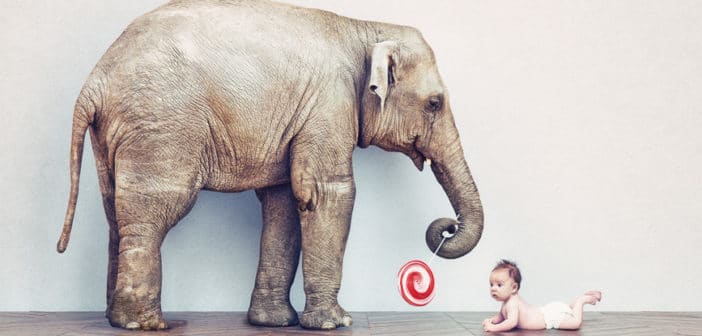This post was originally published on July 10, 2015.
If someone one you love is sick you help them, right? If you see signs that something is wrong with a person you care about, you point it out to them in an effort to help them get better, right? I mean, if you see a weird-looking mole on your sister’s back you tell her to go to the doctor. If your mom is drastically losing weight with constant headaches, then you most certainly address the issue. You would express concern because you love them and don’t want them to get any worse, right?
So, why are we so scared to speak up to our loved ones about their drinking or drug problems?
Our mothers, fathers, sons, daughters, sisters and brothers are dying at epidemic rates because of drugs and alcohol, yet no one wants to talk about it because it’s not a comfortable conversation or we are fearful of the outcome. Of course we love them and don’t want to see them in pain or killing themselves. Still, we often sit back and watch feeling helpless until something drastic happens that demands attention. Often, by then it’s too late.
And yeah, I get it. You don’t think you or someone you love will be a statistic. You think you have time. You think it will get better. You think if you love a person enough their addiction will go away.
The nightmare is real and people are dying, but we just act like the problem is going to solve itself. You can’t a love a person sober but you can love them enough to risk pissing them off. Why aren’t we talking about it? Why are we ignoring the elephant in the room?
Embarrassment? Shame? Denial? Ignorance?
A couple months ago I received an email from a mother who was reaching out for help with her son. He had almost died from a drug overdose and was in the hospital. In her message she told me that she had been meaning to reach out sooner but was too embarrassed. I received this email one day after the anniversary of my brother’s death—my brother who died from a prescription drug overdose.
I was so angry reading the email. Embarrassed, I thought? You were embarrassed? Your child almost died. I guess I can wrap my head around thinking it will get better or even being in denial, but too embarrassed to reach out for help? If you are not trying to help a loved one because you are embarrassed then I need you to reevaluate your love for that person. If you are just hoping it will go away or get better, let me lay it out for you like this—it won’t.
My family, including myself, tiptoed around my brother for years about his drinking. So did his friends. Something would happen every so often that would bring his drinking to the center of attention and we would all demand change. Then, after a few days or weeks, it would blow over and we would all go about our lives like nothing was wrong. He would show up to work or family dinners and we all knew he was not okay, yet, we just turned a blind eye and hoped it would get better. We wanted to believe the justifications and excuses. It never seemed to be that bad. My family, clearly, had no clue of just how bad it was for my brother. He had done a pretty good job of hiding his addiction from us, as most alcoholics and addicts do.
My parents have told me that they were worried about my drinking for a while before my brother died. They were hesitant to confront me because they knew it wouldn’t go well and were afraid that I would withdraw from them. We need to stop tiptoeing around these issues with our friends and families. I hear people say that you have to let addicts and alcoholics hit bottom on their own before they will get help. Well, that’s bullshit. For many people, death comes before rock bottom.
So, then what? You don’t confront someone because you don’t want to hurt their feelings or embarrass them? You are afraid of what the ladies at bridge club will think of you because your son is in rehab? You are scared your loved one will get mad at you? Well, maybe they will. Then again, they may choose to get the help they need. If nothing else, they know they aren’t fooling you anymore and you aren’t cosigning their death sentence.
After my brother died, I got sloppy about trying to hide my drinking problem. My parents would say things to me about my drinking. My siblings did, too. Even my friends who I was not spending much time with said things to me. When I started realizing that I wasn’t fooling anyone anymore, it made it easier to ask for help. It made it easier for me to accept help.
Being an alcoholic isn’t a choice. No alcoholic wants to be an alcoholic—I promise. Alcoholism is a disease and it should be treated like it. Have a little compassion, just as you would with any other disease. For a long time, I thought I was responsible for my alcoholism. Today, I know that I am not responsible for my disease, but I am responsible for my recovery.
Sponsored DISCLAIMER: This is a paid advertisement for California Behavioral Health, LLC, a CA licensed substance abuse treatment provider and not a service provided by The Fix. Calls to this number are answered by CBH, free and without obligation to the consumer. No one who answers the call receives a fee based upon the consumer’s choice to enter treatment. For additional info on other treatment providers and options visit www.samhsa.gov.





